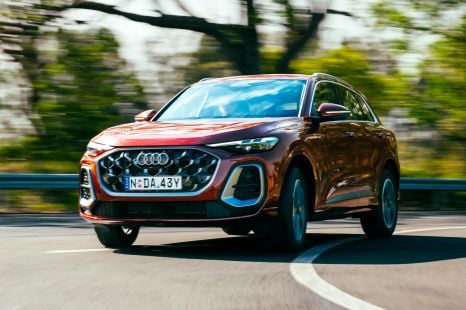

James Wong
2026 Audi Q5 review: Quick drive
5 Days Ago
As it prepares a plug-in hybrid EV offensive, Mitsubishi says Tesla-style EVs and Toyota-style normal hybrids remain far better understood.

Senior Contributor
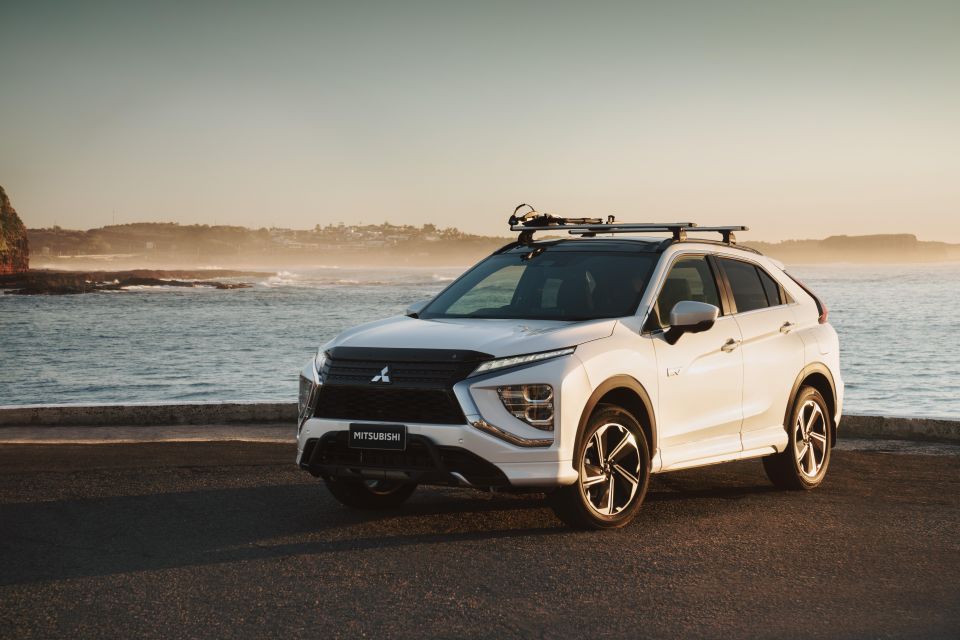

Senior Contributor
Mitsubishi Australia concedes there’s limited market awareness of its plug-in hybrid vehicles (PHEV), after seven years on sale and around 4000 Outlander PHEV deliveries.
In fact the company has found there isn’t really a great deal of market familiarity around plug-in hybrids in general – compared to popular Toyota-style regular hybrids, or Tesla-style electric cars which are each well understood.
Mitsubishi’s findings are reflected in the sales data, which shows cheaper regular hybrids and more expensive electric vehicles both outsell PHEVs convincingly, particularly the former.
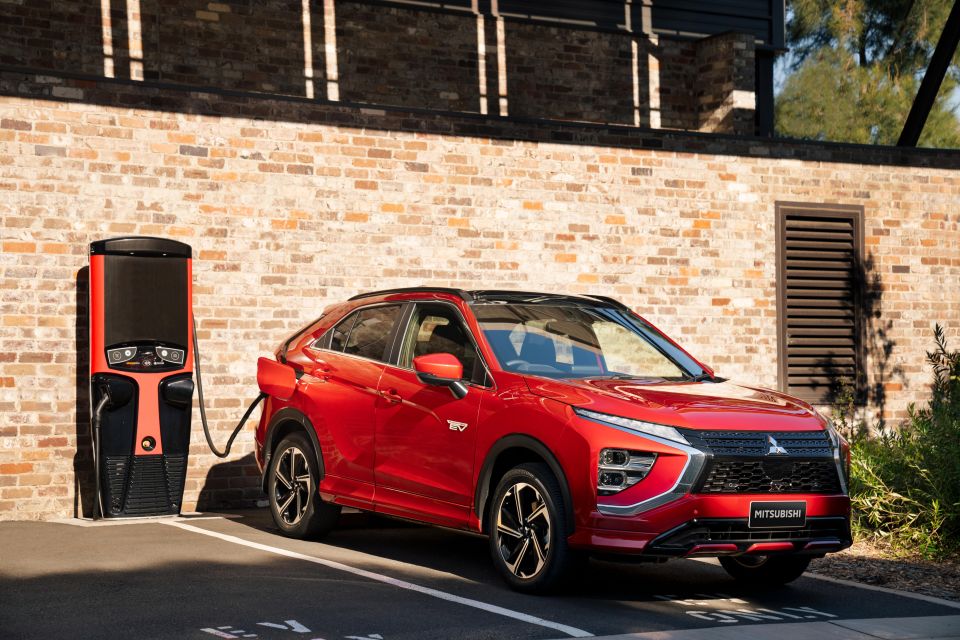
This is a problem for the company given it’s launching a second PHEV, the smaller Eclipse Cross PHEV now, and a second-generation seven-seat Outlander Plug-in Hybrid EV with longer electric range in early 2022
In a presentation this week, the company added its market research showed Toyota and Tesla dominated “muscle memory” around the term ‘EV’.
This suggests buyers have been led to believe that a Camry Hybrid and Model 3 EV are somehow a similar proposition.
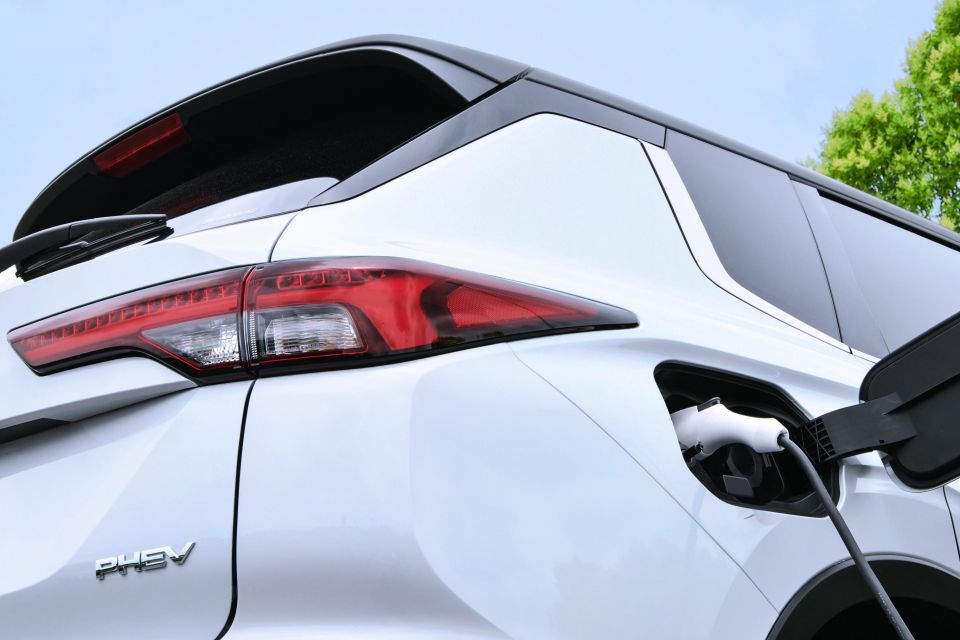
“We’re quite open admitting the challenge of PHEV, we were very early to the market with PHEV and had quite a learning experience over the last number of years,” Mitsubishi Australia’s head of product strategy Owen Thomson told us.
As recently as two years ago a Mitsubishi internal survey found about 75 per cent considered themselves to have little to no familiarity with PHEVs, in terms of how they work and where to get one.
“Our real challenge is to educate the market as to what a PHEV really is. There’s a lot more awareness around electrification than there was,” Mr Thomson added.
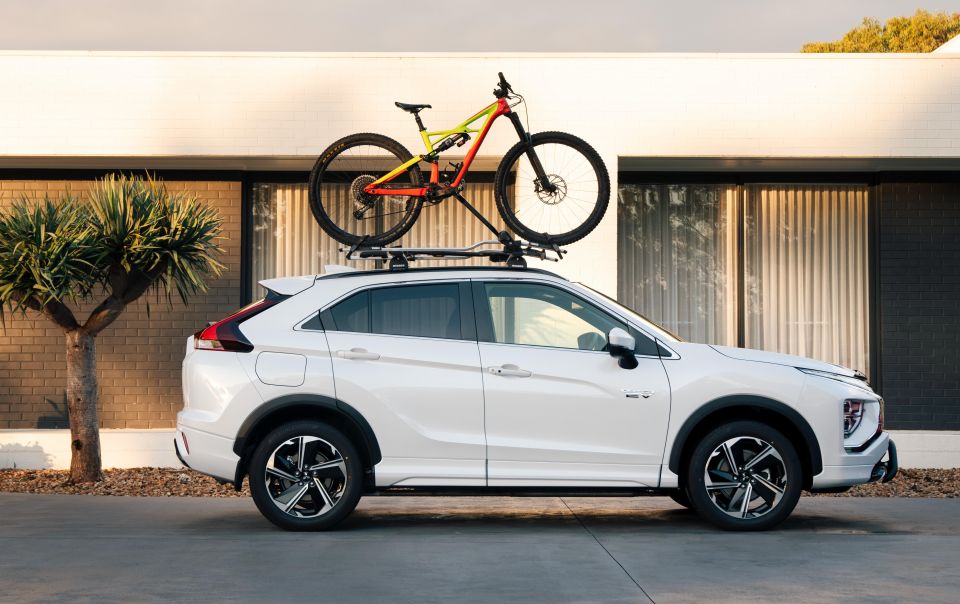
“[Still] there’s a lack of familiarity with the buyers around what plug-in hybrid EV vehicles actually are…”
The company has said one possible failing was its use of the term ‘PHEV’ – pronounced either ‘pee aitch ee vee’ or ‘fev’ – without sufficient context and cut through. Expect a major communications change.
“It’s kind of caused some confusion because people don’t know what it actually means,” added Mr Thomson.

“So we’re pivoting all our communications going forward to use the term ‘plug in hybrid EV’ which simplifies our messages and creates consistency.”
In short: electric cars run on batteries, while hybrids use a small battery and motor to assist a dominant petrol engine with no option for external charging (brake-energy recuperation handles this).
A plug-in hybrid uses a wall-rechargeable battery to power it on daily trips and has a petrol engine backup for long journeys, so it bisects the two more popular technologies.
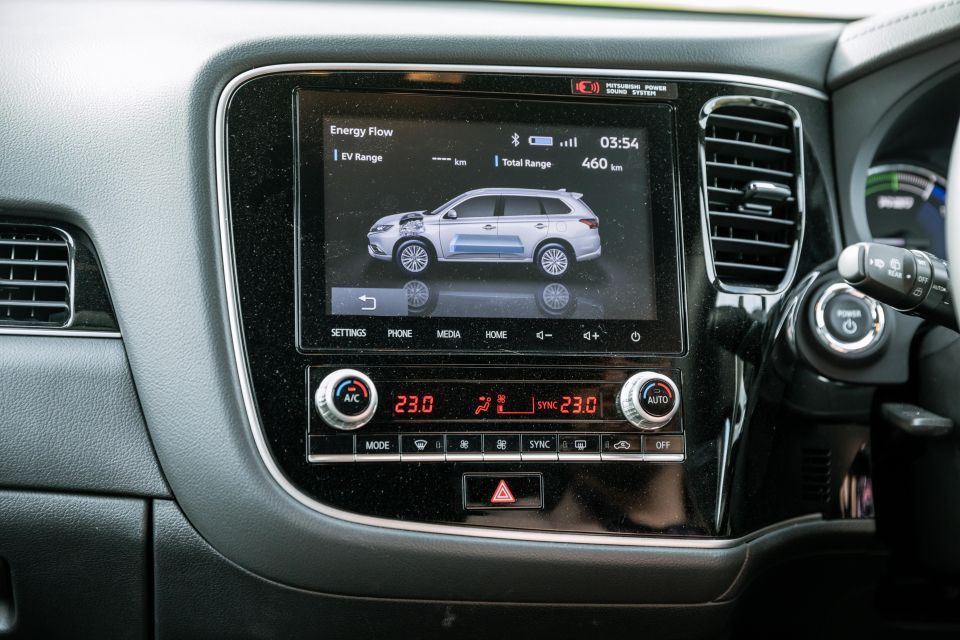
While it naturally has a strong vested interest in pushing PHEV technologies, Mitsubishi claims they’re a crucial gateway to the wider take-up of full-electric vehicles in the Australian market.
The company cites a more recent survey it commissioned of existing Outlander PHEV owners that found 83 per cent of them intend to buy an EV as their next car.
If the survey data is correct there are thus around 3150 potential EV buyers in the subset either already driving one, or looking to do so.

Further interesting findings from the Australian market survey include:
“The data indicates that PHEVs provide a catalyst for future EV uptake by helping familiarise consumers with electric vehicles and make them more likely to purchase another one,” the company claims.
“It is clear that plug-in hybrid technology is a critical factor in encouraging drivers along the path towards low and zero emissions technology.”
Competitors coming soon (or here now) include PHEV versions of the MG HS, Hyundai Ioniq, Kia Niro and Sorento, Peugeot 3008, Ford Escape, Mini Countryman, Mercedes-Benz A-Class, and Volvo XC40.
MORE: 2022 Mitsubishi Eclipse Cross PHEV price and specs MORE: Mitsubishi’s ambitious plan to join Australia’s sales podium MORE: Toyota RAV4 PHEV not for Australia… yet MORE: Mercedes-Benz defends PHEVs as more than a ‘compliance trick’ MORE: Australia’s electric car launch calendar MORE: Australia’s best-selling electric cars revealed MORE: Toyota Australia’s hybrid sales grow exponentially MORE: Australia-wide EV policy needed to avoid ‘chaos’, says FCAI
Where expert car reviews meet expert car buying – CarExpert gives you trusted advice, personalised service and real savings on your next new car.


James Wong
5 Days Ago
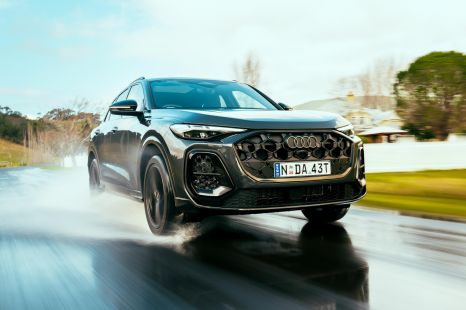

James Wong
4 Days Ago
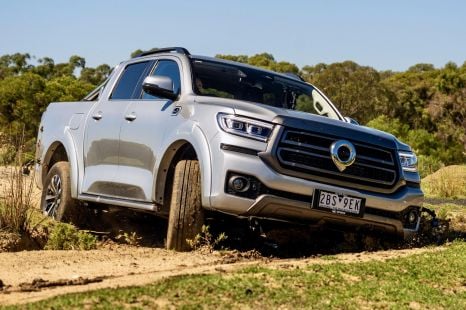

Max Davies
3 Days Ago
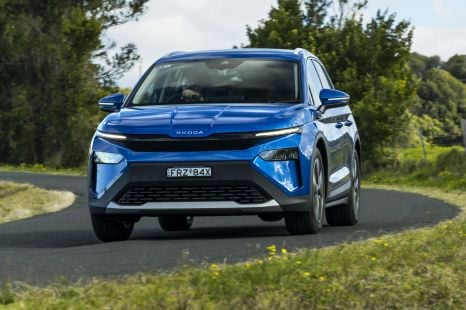

Josh Nevett
2 Days Ago
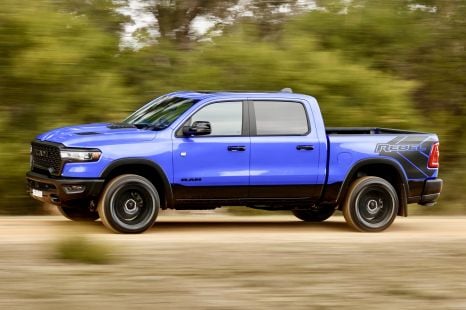

Max Davies
2 Days Ago
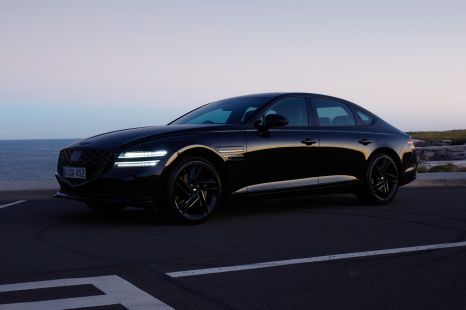

William Stopford
18 Hours Ago